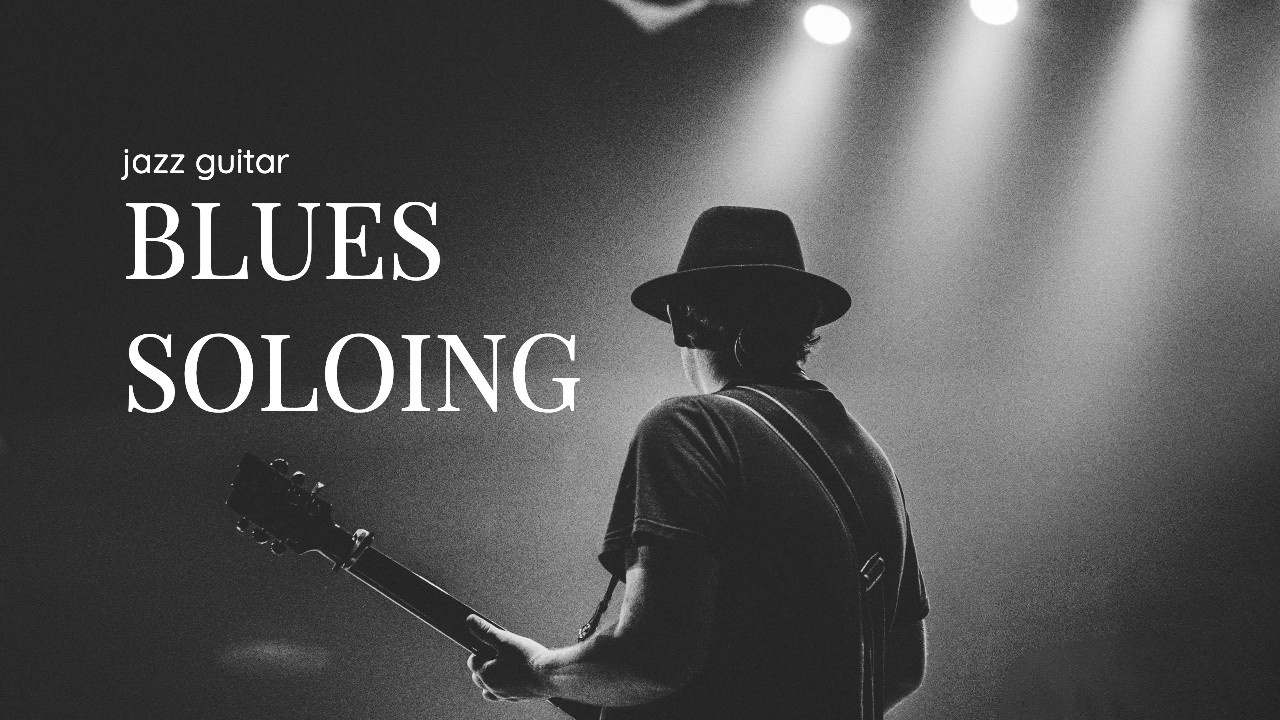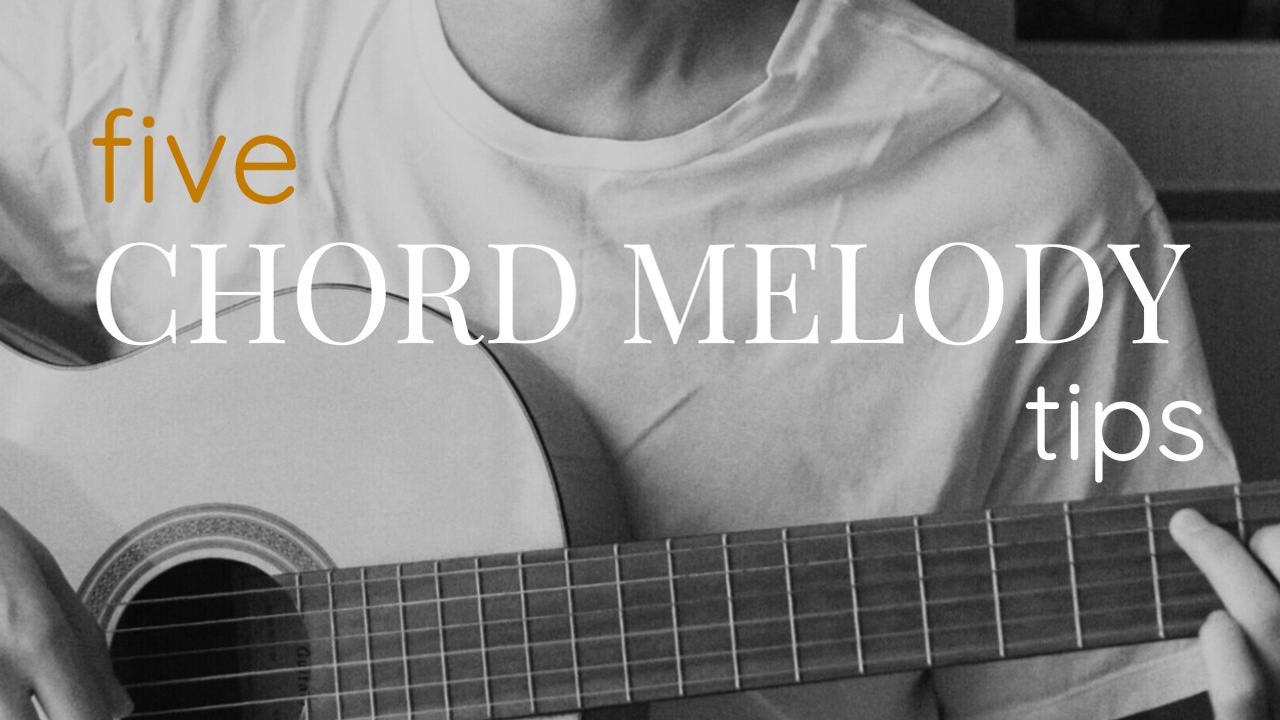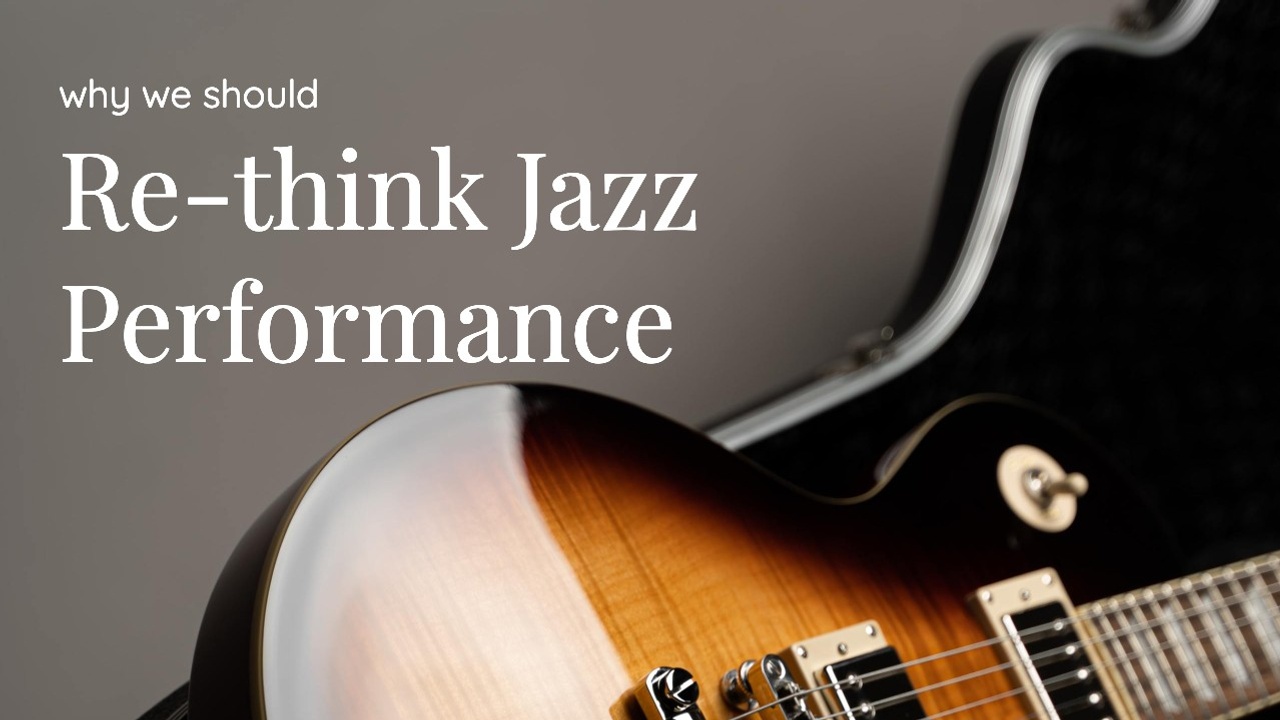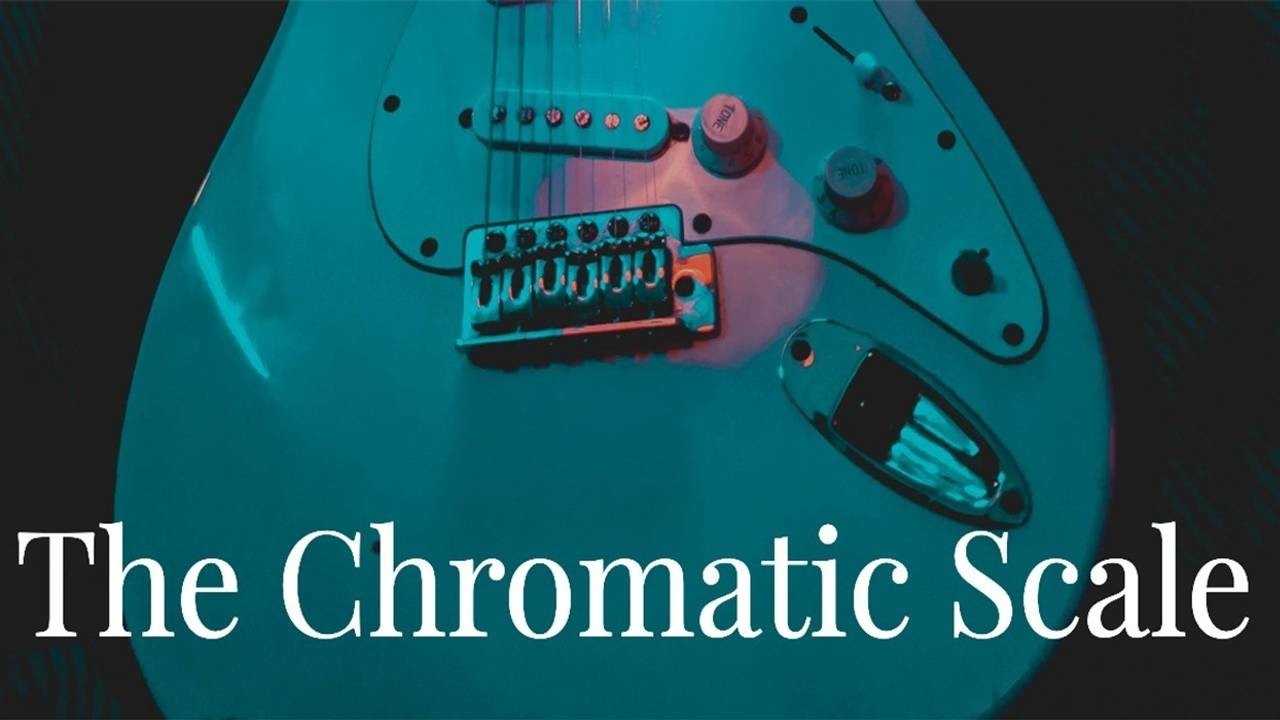
What Are The Best Jazz Guitar Strings?
Oct 15, 2019If you're new to the world of jazz guitar, you might be thinking - do I need a fancy pack of strings to get the "jazz sound"?
In short, it really depends on what style of jazz you're looking to play and what tone you prefer. In my opinion, your tone is 75% in the fingers, and 25% gear.
This article will teach you about the basic types strings for jazz guitar, so you can select the pack that works best for you 👍
Overview
There are so many types of strings, gauges and brands. Rather than try to cover all of them, we'll mainly focus on the most important details:
- string gauge
- roundwound vs flatwound
- wound third vs. plain third
- speciality strings
Note: Most of this article will be directed towards jazz electric guitar (hollowbody, semi-hollow, telecaster, stratocaster, etc).
Of course, you can play jazz on any kind of guitar - but to go to a jam, or play in band with a drummer, in most cases you would bring an electric guitar.
If you're looking for something for your acoustic or classical, scroll down to the specialty strings section towards the end of this article.
Jazz Electric Guitar Strings
String Gauge
The first thing you'll want to consider for your guitar is string gauge. This is a measurement of the thickness of each string, in inches.
Thickness has a big effect on the sound and the ease of playability of your guitar. 🎸
In a nutshell,
- light gauge strings (0.9, 0.10) will be easier to press down and bend. In general they give a bit of a "thinner" sound, and are commonly used in rock or fusion styles.
- Medium gauge strings (0.11) are a good middle ground - not too difficult to press, and still possible to bend. They have a nice, balanced sound that can be used for many different styles.
- "Jazz Light - Jazz Medium" strings (0.12, 0.13) will be harder to press down, and it's very difficult to perform bends, especially on 0.13s. However, these are said to give a smoother, full tone and are a very popular choice for jazz guitarists.
Here are some typical measurements that you might see on a pack:
| String Gauge | Generic String Name |
| 0.9 - 0.42 | Super Light Gauge |
| 0.10 - 0.49 | Jazz Extra Light Gauge |
| 0.11 - 0.49 | Blues Medium Gauge |
| 0.12 - 0.52 | Jazz Light Gauge |
| 0.13 - 0.56 | Jazz Medium Gauge |
Roundwound vs Flatwound
Did you know that the lower strings of the guitar are actually two wires? Look closely, and you'll realize that it's an inner wire, wrapped around by a second outer wire.
The type of outer wire determines if a string is roundwound or flatwound.
Roundwound strings use a rounded outer wire. It's still a relatively smooth string, but you if you run your finger along one, you'll feel tiny metal windings.
You can see what those windings look like here:

Generally, roundwound strings have a bright tone, are harmonically rich. You'll find that overtones ring out more on roundwound strings.
These are most commonly made out of nickel. You'll often find that guitarists using solid-body guitar as well as semi-hollow guitars (John Scofield, Wayne Krantz) favour roundwounds.
Here's what they sound like, played by Julian Lage:
On the flip side, the inner wire of flatwound strings are surrounded by a smoother, flat wire. Here is what one looks like:

As you can see, this type of string is much smoother to the touch. It results in a "dead" or mellow kind of sound that is favoured by a lot of straight-ahead jazz guitarists (Joe Pass, Pat Martino).
The overtones ring out less than roundwound strings, hence the deader sound. However, when you're playing harmonically complex jazz chords, this might be preferable.
Historically, it's been common practice to use flatwounds on archtop guitars.
For comparison, here is Julian Lage again, this time with flatwound strings:
Wound Third vs Plain Third
When you go to the shop to pick up your strings, the salesperson will ask if you prefer a wound third or a plain third. This is referring to the third string, aka the G string.
On a standard 6 string guitar, the lower 3 strings are always wound (inner wire wrapped by a second outer wire) and the top 2 strings are always plain (one wire only).
However, the third string can be either wound or plain.
If you're looking to do some bending, a plain third is recommended. If you want a stiffer third string that feels slightly thicker, get a wound third.
Specialty Strings
Now that we've covered the basics of electric guitar strings, let's get into more specific scenarios that may apply to you.
Coated Strings
 If you have oily skin, you may want to look into getting coated strings. These are covered in a coating that keeps them feeling fresh, regardless of sweat or oil.
If you have oily skin, you may want to look into getting coated strings. These are covered in a coating that keeps them feeling fresh, regardless of sweat or oil.
However, the coating does make them sound slightly more "dead", so that's something to keep in mind.
D'addario makes a great EXP version of their strings with this coating, and Elixirs are also a safe bet.
Gypsy Jazz Strings
 If you're playing jazz manouche guitar, you'll have to get specialty strings made to accommodate a heavier right hand approach.
If you're playing jazz manouche guitar, you'll have to get specialty strings made to accommodate a heavier right hand approach.
Argentine strings made by Savarez, are top of the line, while D'Addario is also a good option.
Nylon String Guitar
 Maybe you've seen videos of Sylvain Luc or Nelson Veras, or any number of amazing Brazilian guitarists and want to try jazz on a nylon!
Maybe you've seen videos of Sylvain Luc or Nelson Veras, or any number of amazing Brazilian guitarists and want to try jazz on a nylon!
In that case, the main thing you'll want to consider is tension: hard, medium or low. In my experience, hard tension strings are great for traditional classical pieces, but not great for the mellow sound of jazz.
Medium tension strings are versatile to play both jazz and classical pieces. As always D'Addario is a safe option, while Augustine is a specialty brand.
Find What's Best for You
To conclude, let me just say that there is no one-size-fits-all set of strings for jazz guitar. It depends on the type of guitar you play, your approach, and the sound you're looking to achieve.
Furthermore, be sure to get your guitar set up if you're making a drastic change in string gauge. Your 1600s Stradivarius guitar might not appreciate 0.15 gauge flats, you know? 💥
If you're trying to emulate a certain player, try to dig up old interviews where they talked about their gear. Or if they're still with us, send them an email! You'd be surprised at how generous guitarists are with this information.
Happy string hunting! 😉
Roundwound vs Flatwound
Did you know that the lower strings of the guitar are actually two wires? Look closely, and you'll realize that it's an inner wire, wrapped around by a second outer wire.
The type of outer wire determines if a string is roundwound or flatwound.
Roundwound strings use a rounded outer wire. It's still a relatively smooth string, but you if you run your finger along one, you'll feel tiny metal windings.









